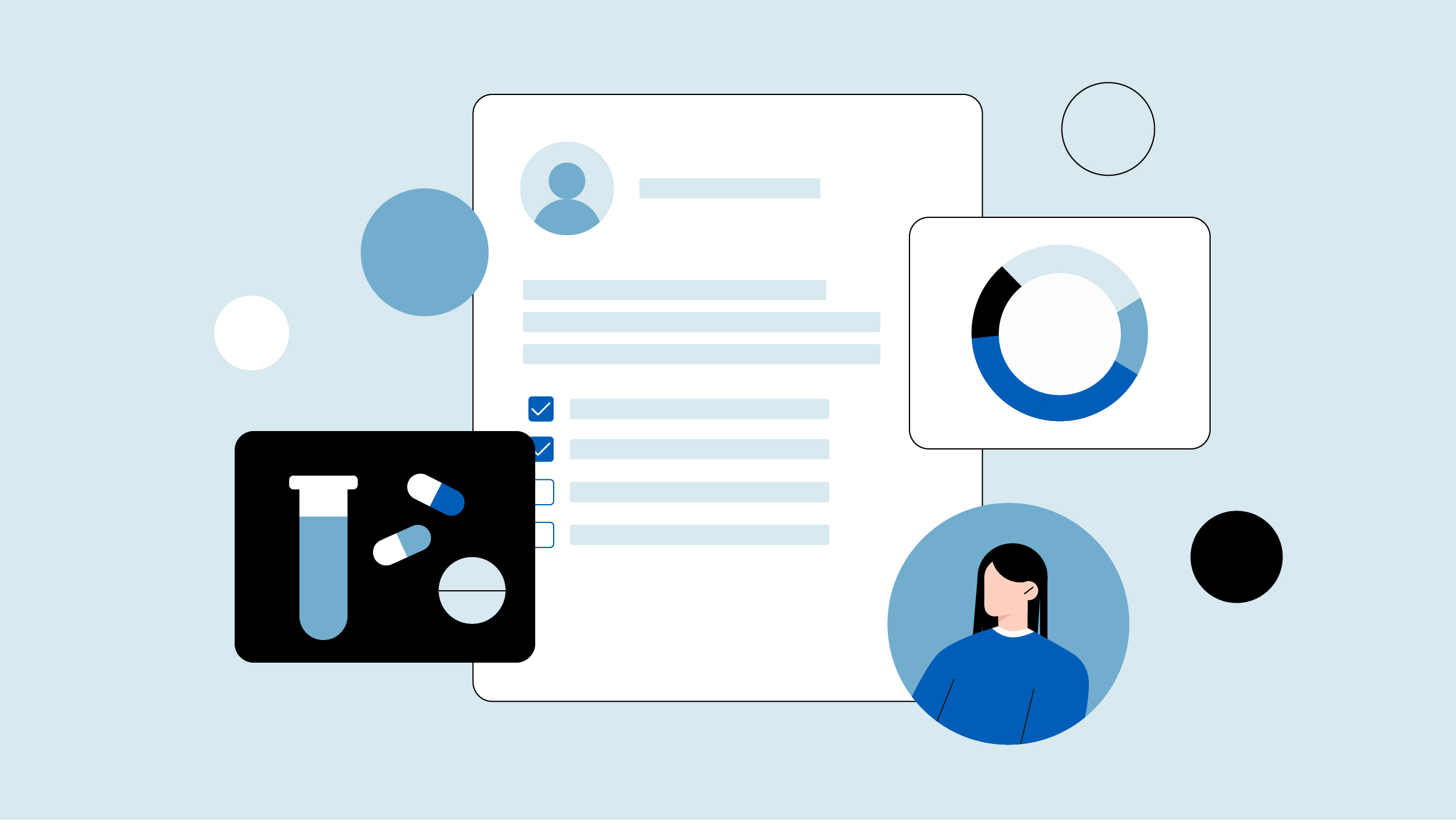What should I tell my care team before I take this medication?
They need to know if you have any of these conditions:
- Bleeding problems
- Having or recent surgery (within 7 days)
- Heart disease
- High blood pressure
- History of irregular heartbeat or rhythm
- History of stroke
- Liver disease
- Lung or breathing disease, such as asthma or COPD
- Protein in your urine
- Thyroid problems
- An unusual or allergic reaction to pazopanib, other medications, foods, dyes, or preservatives
- If you or your partner are pregnant or trying to get pregnant
- Breastfeeding
What may interact with this medication?
Do not take this medication with any of the following:
- Cisapride
- Dronedarone
- Fluconazole
- Pimozide
- Posaconazole
- Saquinavir
- Thioridazine
This medication may also interact with the following:
- Certain antibiotics, such as clarithromycin
- Certain antivirals for HIV or hepatitis
- Certain medications for fungal infections, such as ketoconazole, itraconazole
- Certain medications for seizures, such as carbamazepine, phenobarbital, phenytoin
- Other medications that cause heart rhythm changes
- Stomach acid blockers, such as lansoprazole, omeprazole, pantoprazole
This list may not describe all possible interactions. Give your health care provider a list of all the medicines, herbs, non-prescription drugs, or dietary supplements you use. Also tell them if you smoke, drink alcohol, or use illegal drugs. Some items may interact with your medicine.
What should I watch for while using this medication?
Your condition will be monitored carefully while you are receiving this medication. You may need blood work while taking this medication.
This medication may increase your risk of getting an infection. Call your care team for advice if you get a fever, chills, sore throat, or other symptoms of a cold or flu. Do not treat yourself. Try to avoid being around people who are sick.
This medication may increase your risk to bruise or bleed. Call your care team if you notice any unusual bleeding.
Before having surgery, talk to your care team to make sure it is ok. This medication can increase the risk of poor healing of your surgical site or wound. You will need to stop this medication for 1 week before surgery. After surgery, wait at least 2 weeks before restarting this medication. Make sure the surgical site or wound is healed enough before restarting this medication. Talk to your care team if questions.
Talk to your care team if you may be pregnant. Serious birth defects can occur if you take this medication during pregnancy and for 2 weeks after the last dose. You will need a negative pregnancy test before starting this medication. Contraception is recommended while taking this medication and for 2 weeks after the last dose. Your care team can help you find the option that works for you.
If your partner can get pregnant, use a condom during sex while taking this medication and for 2 weeks after the last dose.
Do not breastfeed while taking this medication and for 2 weeks after the last dose.
This medication may cause infertility. Talk to your care team if you are concerned about your fertility.
What are the most serious risks of this medication?
This medicine can cause liver damage. Your healthcare provider will monitor your liver during treatment.








